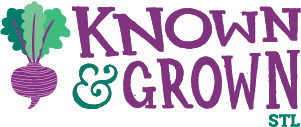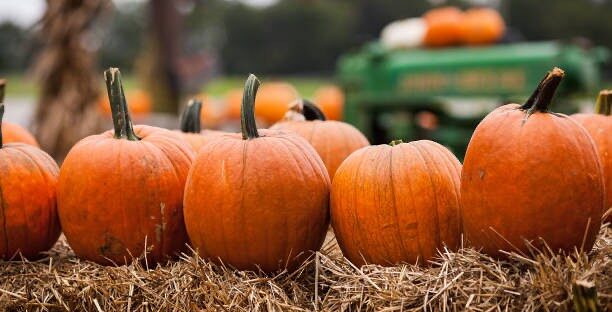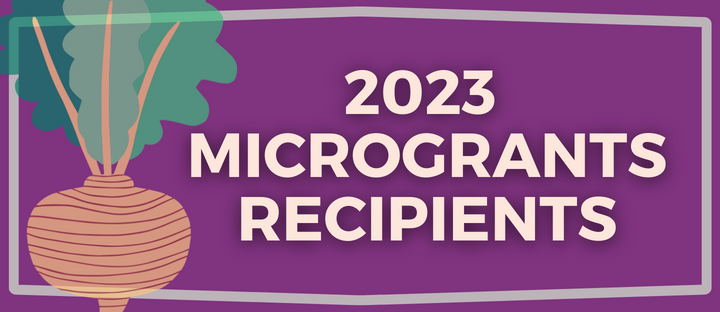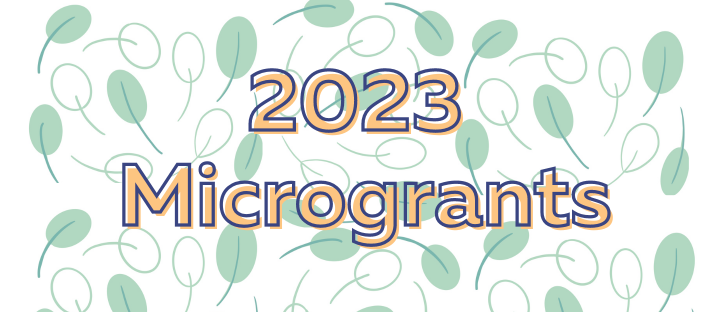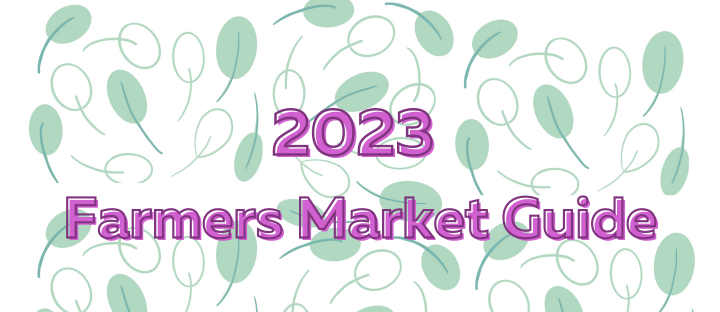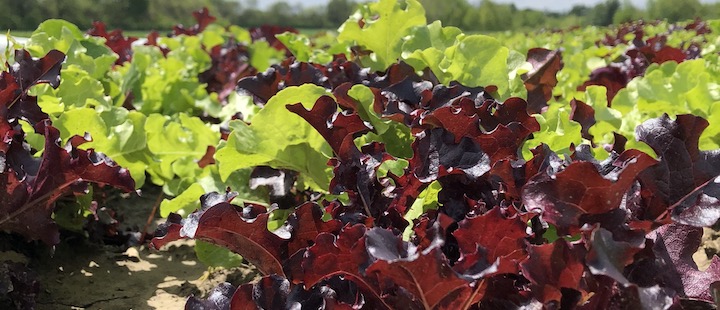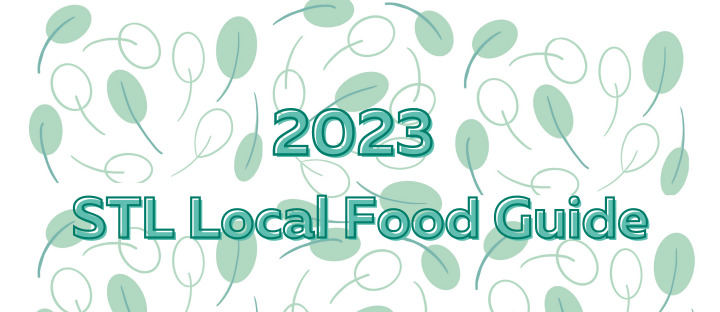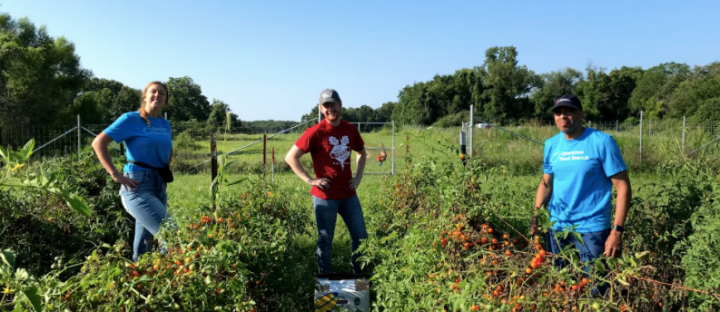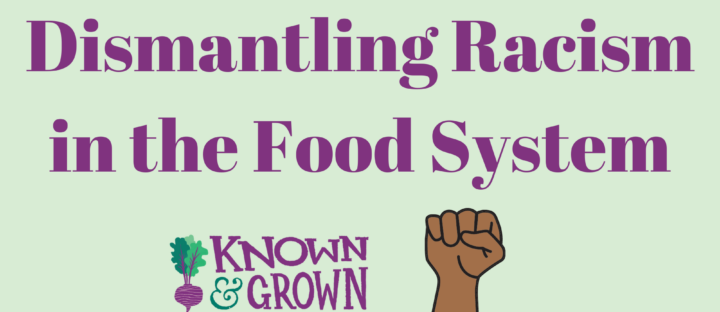Did you know over a billion pounds of pumpkins end up in landfills every year following Halloween? That’s a scary statistic! Organic waste in landfills do not break down properly and create excess methane, a greenhouse gas that contributes to climate change. Here are 5 ways to keep your pumpkins out of landfills: 1. Compost…
Read MoreRae Miller talks with Feast Magazine
Earlier this season, Known & Grown Program Manager, Rae Miller sat down for an interview with Feast Magazine. Read the full article.
Read MoreAnnouncing: 2023 Known & Grown Micro-grant Award Recipients
Known & Grown selected 7 recipients to award funds for projects in North St Louis that develop or improve environmental stewardship practices for their farms or gardens. Congratulations to our 2023 recipients! These microgrants are made possible by the Building Resilient Inclusive Communities (BRIC) program. Additional funding from A.C.R.E.S. (Agriculture for Community Restoration, Economic Justice,…
Read MoreNow Accepting Applications!
Known & Grown is currently accepting application for our 2023 Microgrants. Historically underserved farmers are integral to a resilient and equitable food community. However they face many barriers to success in adopting good environmental practices and running a farming business in general. Known & Grown STL is awarding 3 microgrants of up to $1000 each…
Read More2023 Farmers Market Guide
Farmers market season is upon us! Check out all the great markets in the greater St Louis region that support Known & Grown farmers! So break out your reusable shopping and produce bags and head to your nearest market. Many farmers markets have already opened in April while others will be opening soon in May….
Read MoreLocal Food Locator
We have a newly updated, interactive map to help you find products from Known & Grown farmers. Use your zip code to find farms near you, what products they offer, and where to find their products in grocery stores, at farmers markets, and at local restaurants. Our Community Outreach Coordinator, Nicki Morgan spoke with Blair…
Read More2023 Local Food Guide
Did you know? We have some amazing restaurants, grocery stores, caterers and other food businesses that purchase products from Known & Grown Farmers to stock their shelves and create their menus.
Read MoreGuide to Better Labels
Understanding food labels can be tricky. And they don’t always mean what we think they do. Taking some time to learn more about the labels being put on our food will help us make more-informed choices when shopping. Learn more about common labels such as Known & Grown STL, Animal Welfare Approved, Certified Humane, Pasture-Raised,…
Read MoreGuide to Greenwashing
Understand labels can be tricky, and many use common words that can be misleading. Greenwashing is when a company uses your assumptions around common words to convey the idea of “green” or environmentally-friendly practices. While some labeling is defined and regulated by the USDA, many labels are meaningless.
Read MoreYour Source for Local, Environmentally Responsible Food
Congratulations to Local Food Director, Rae Miller, and her partner Jarred on their brand new daughter, Maple Breese. We are all wishing you well! The Known and Grown family of farmers continues to grow as we have recently added two new farms. Long time area organic farm Biver Farms joined us in July, as well…
Read MoreDismantling Racism in the Food System
Racism is the systemic mistreatment of people based on their ethnicity or skin color. It affects all aspects of our society, including our food system. While racism has no biological foundation, the socioeconomic and political structures that exploit people of color, alongside the widespread misinformation about race, cultures, and ethnic groups, make racism one of…
Read More